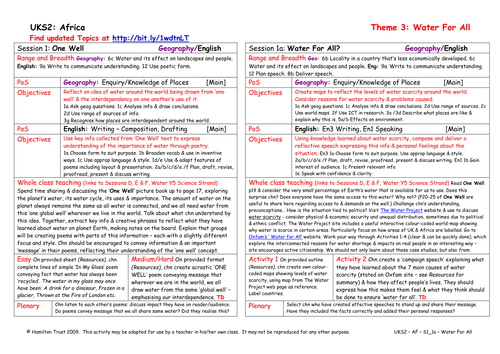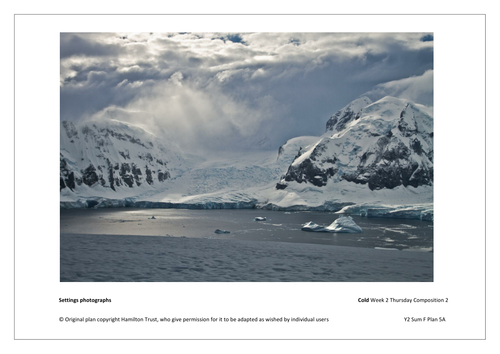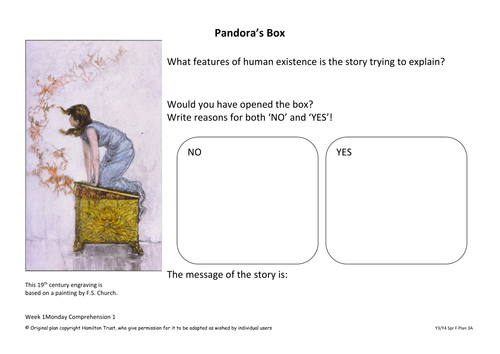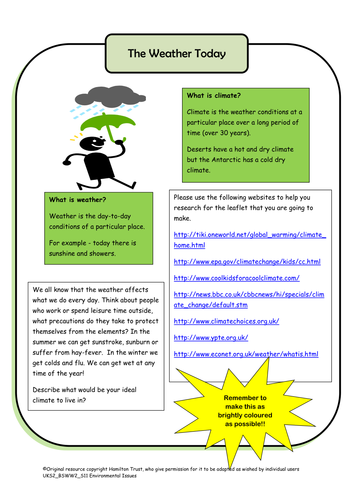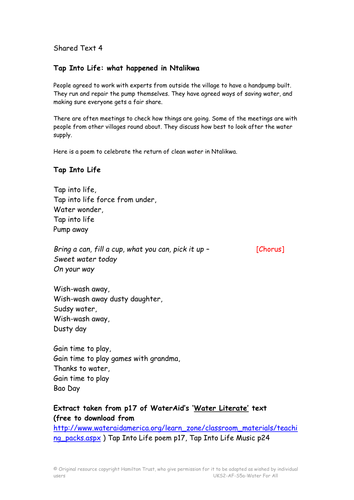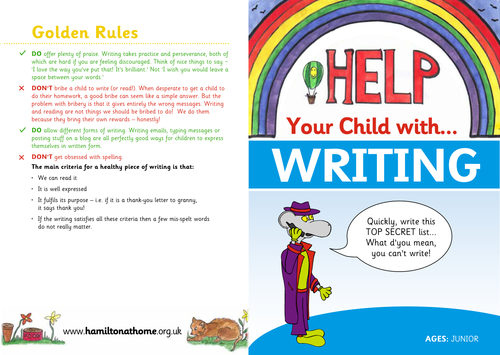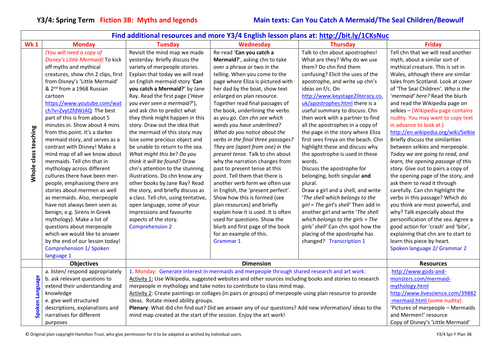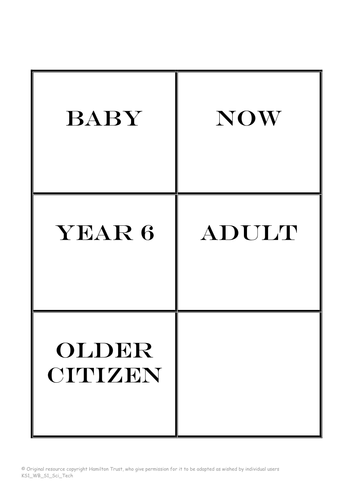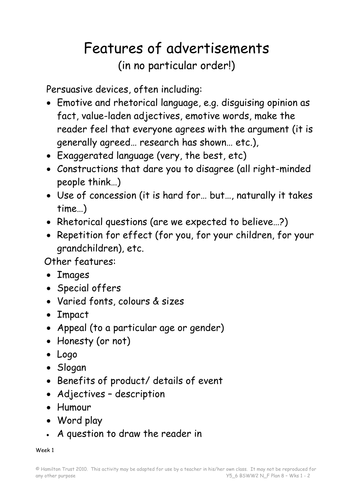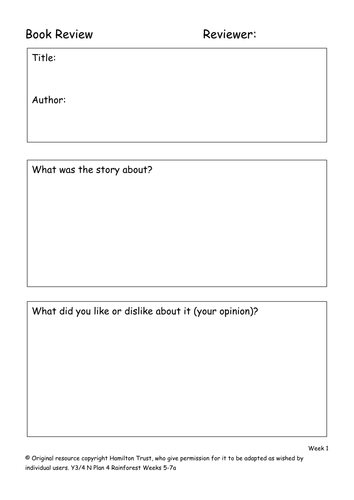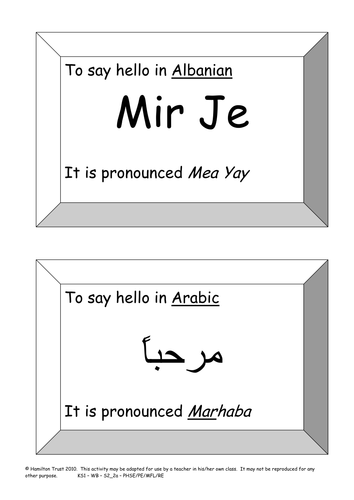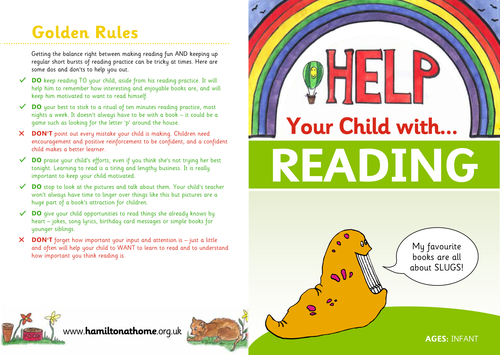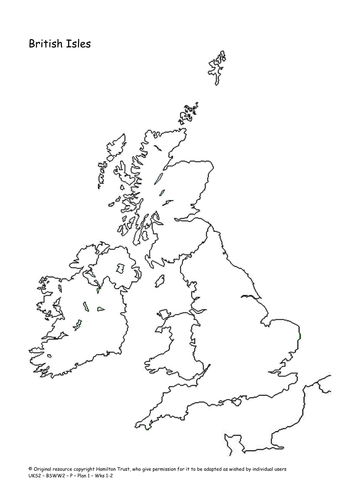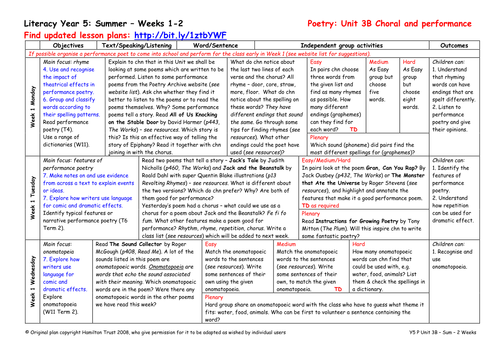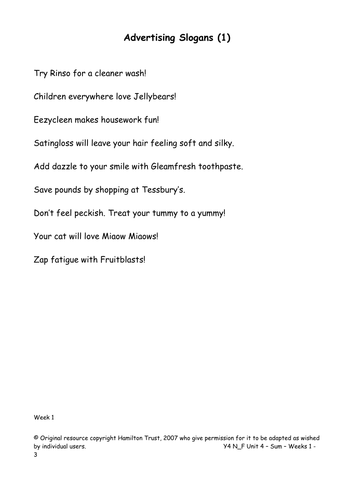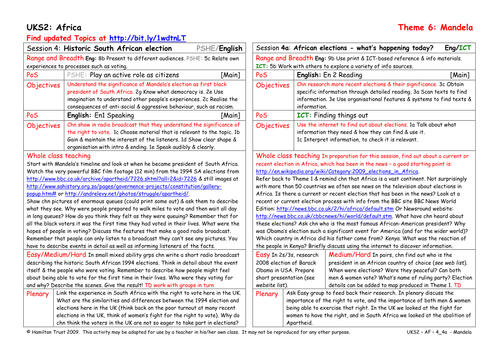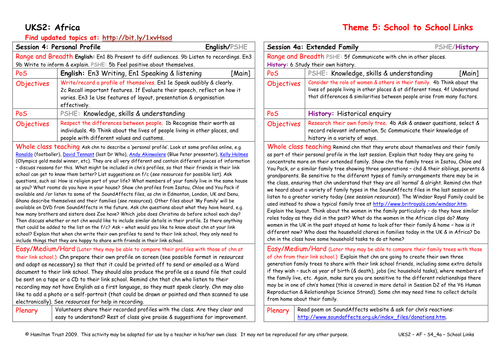
397Uploads
10045k+Views
11646k+Downloads
English

One Well
Imagine that all the water on Earth came from one well! Children learn that the amount of water on our planet never changes and that we are all connected by the way we draw water from the same source. Children then convey this understanding through poetry.
Suitable for years 5 and 6.

Year 2 Fiction 5: Quest stories
Children read a range of quest stories, exploring structure and language choice. They explore 4 types of sentence and experiment with tense. Children write their own extended stories, concluding by performing their writing to a younger child. This plan uses the books Lost and Found and The Way Back Home, both by Oliver Jeffers and We're Going on a Bear Hunt by Michael Rosen. It also uses Hamilton Group Reader The Quest.

Year 3/4 Fiction 3: Myths and legends
Become familiar with a range of Greek Myths, The Orchard Book of Greek Myths by Geraldine McCraughrean, Greek Myths by Marcia Williams. Use them to study powerful verbs, verb tenses, use of first and third person, paragraphs and ways of showing dialogue. Children draw story maps to learn a Greek Myth off by heart and to retell another myth in written form.

The Weather Today
Children learn the differences between weather and climate. Are we the cause of changes in the weather? What might we have done to make this happen? Children are given some websites to research and the activity is to produce a leaflet for younger children to explain this.

Windrush Migrants
Listen to a poem written by an immigrant on the SS Windrush. Discuss how he felt about leaving his home and the reactions of some British people. Children compare the climate in the Caribbean with that of Britain and write imaginary letters home from a migrant.

Tap Into Life
Time to celebrate water! Children use the Oxfam online water photo-montage and Water Literate’s ‘Tap Into Life’ poem set to their provided music, to both prepare a performance and write their own celebratory poems with percussive backgrounds.
Suitable for years 5 and 6.

Year 3/4 Fiction 3: Myths and Legends
Children explore a variety of myths and enjoy the mythical creatures introduced in Can You Catch A Mermaid?, The Seal Children and Beowulf.
They learn these tales and use them as stimuli for creating their own myths and legends. They use the texts as models to help develop their understanding of detailed description in writing and correct grammar.
Suitable for Year 3 and 4.

Journey of Life
How have we changed since we were babies? How will we change as we grow up? Children explore these questions by thinking about the different stages of life and recording their thoughts in zig-zag books.

Persuasive language Weeks 1 - 2
Identify persuasive features used in adverts. Study adverts over the decades since the end of World War 2 in detail. Children create a paper advert about an exhibition related to the Topic. They then plan and present a TV or radio advert for a modern appliance.

Myths and Traditional Tales Weeks 5 - 7a
Find brilliant rainforest characters in ‘The Great Kapok Tree. Explore the language of traditional tales and write a rainforest ‘Just So’ story. Read a tale from Papua New Guinea. Make a board game as a lead in to writing a quest story.

Rainforests - Reports Weeks 1 - 4
Explore report writing (and some explanation writing) through the fantastic book The Vanishing Forest by Richard Platt.
Identify the causes of deforestation and look at both sides of the question. Research the importance of the rainforest and write a report.

Learning new ways to say Hello
Learn another circle game and then find out lots of different ways to say hello. Practice saying hello making good eye contact. Work as part of a group to make a ‘hello’ flag. Teach the new hello to the rest of the class.

Poetic style Weeks 1 - 2
Read and analyse poems from Benjamin Zephaniah’s We are Britain. Discuss the style, language and content of his poems and investigate rhymes. Children write their own poems in the style of BZ’s The British and Body Talk and a fact file about the poet.

Year 3/4 Fiction 5: Adventure stories
Using The Hodgeheg by Dick King-Smith, children look for examples of adverbs and adverbial phrases. They memorise a section of dialogue and use it as a basis for their own writing. In the second week the focus is on complex and compound sentences as children write an animal adventure story.

Yr 5 Poetry Unit 3B Choral and performance
Compare performance poems that tell a story and identify the features that make a good performance poem. Children then write their own performance poetry based on a fairy tale. Perform it for an invited audience using dramatic conventions to enhance the poem.

Yr 4 NF Unit 4 Persuasive texts: Media
Children investigate persuasive writing devices in a variety of magazine and newspaper adverts and cinema and TV adverts. They produce an individual poster, work in groups to write a TV or radio advert and then create a trailer for a children’s DVD.

African Elections
Africa is a large continent with over 50 countries – usually there is an election going on somewhere! Children research a current/recent election in Africa and/or the election of Barack Obama as President of USA. Discuss the significance of Obama’s election.
Suitable for years 5 and 6.

Personal Profile
Use celebrity profiles to decide what children might include in their personal profile to introduce themselves to their link school friends. Listen to Ghanaian children describing themselves and their families. Prepare own profiles on screen or as recordings.

